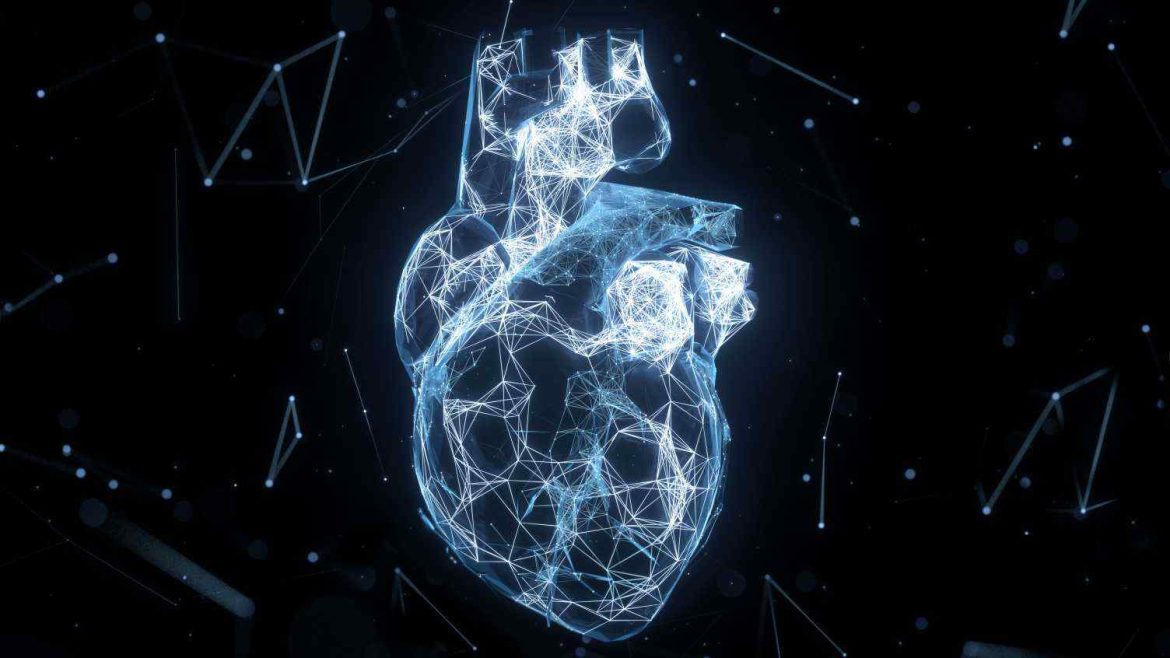Heart disease remains one of the leading causes of death worldwide. Early detection of heart problems can significantly improve outcomes and quality of life. Recognizing the first signs of heart problems is crucial for timely intervention and management. This article delves into the initial indicators of heart issues, helping individuals and healthcare professionals identify and address them promptly.
Chest Discomfort
The Most Common Early Sign
Chest discomfort, often referred to as angina, is one of the most common initial signs of heart problems. This discomfort may feel like pressure, squeezing, fullness, or pain in the center of the chest. It typically lasts for a few minutes and may occur during physical activity or emotional stress. Angina is caused by reduced blood flow to the heart muscle, indicating underlying coronary artery disease.
SEE ALSO: Can A Heart Transplant Cure Heart Failure?
Variations in Chest Discomfort
Stable Angina: Predictable and occurs with exertion or stress, relieved by rest or nitroglycerin.
Unstable Angina: Unpredictable, can occur at rest, and is a medical emergency as it may signal an impending heart attack.
Shortness of Breath
Difficulty Breathing
Shortness of breath, especially during exertion or while lying down, can be an early sign of heart problems. It occurs when the heart is unable to pump blood effectively, leading to fluid accumulation in the lungs.
This symptom is commonly associated with heart failure or left ventricular dysfunction.
Progressive Nature
Initially, shortness of breath may occur only during physical activity. However, as the condition progresses, individuals may experience it at rest or during minimal exertion, indicating worsening heart function.
Fatigue And Weakness
Unexplained Tiredness
Chronic fatigue and general weakness, especially with minimal exertion, can be early indicators of heart problems. This occurs when the heart cannot pump enough blood to meet the body’s needs, leading to decreased oxygen supply to tissues and muscles.
Impact on Daily Activities
Individuals may find it increasingly difficult to perform routine tasks, such as climbing stairs or walking short distances, without feeling excessively tired. This can significantly impact quality of life and should not be ignored.
Palpitations
Irregular Heartbeats
Palpitations, or the sensation of a rapid or irregular heartbeat, can be an early sign of heart issues. These may feel like fluttering, pounding, or skipped beats and can be associated with various arrhythmias.
Types of Palpitations
Atrial Fibrillation: Irregular and often rapid heart rate, increasing the risk of stroke and heart failure.
Premature Ventricular Contractions (PVCs): Extra heartbeats that disrupt the regular heart rhythm, often benign but can indicate underlying heart disease.
Swelling in Extremities
Edema
Swelling in the feet, ankles, or legs, known as edema, can indicate heart problems. This occurs when the heart’s ability to pump blood is compromised, leading to fluid retention in the lower extremities.
Progressive Swelling
Edema may start as mild swelling and progressively worsen, becoming more noticeable by the end of the day or after prolonged periods of sitting or standing. It can also be accompanied by weight gain due to fluid retention.
Persistent Cough or Wheezing
Respiratory Symptoms
A persistent cough or wheezing, particularly when lying down, can be an early sign of heart problems. This symptom is often related to heart failure, where fluid buildup in the lungs (pulmonary congestion) causes irritation and coughing.
Associated Symptoms
This cough may produce frothy or pink-tinged sputum, indicating severe heart failure. Wheezing and difficulty breathing can also occur, mimicking respiratory conditions such as asthma.
Dizziness And Lightheadedness
Reduced Blood Flow to the Brain
Dizziness, lightheadedness, or fainting (syncope) can be early signs of heart problems. These symptoms occur when the heart fails to pump enough blood to the brain, leading to temporary reductions in cerebral perfusion.
Causes of Dizziness
Arrhythmias: Irregular heart rhythms can cause sudden drops in blood pressure, leading to dizziness or fainting.
Aortic Stenosis: Narrowing of the aortic valve can reduce blood flow to the brain, causing similar symptoms.
Nausea And Sweating
Gastrointestinal and Autonomic Symptoms
Nausea, vomiting, and excessive sweating can be early signs of a heart attack, particularly in women. These symptoms may occur without the classic chest pain, making them easy to overlook.
Distinguishing Features
Heart-Related Nausea: Often accompanied by other symptoms such as chest discomfort, shortness of breath, or fatigue.
Sweating: Profuse sweating, often described as cold sweat, can be a sign of a heart attack and should be taken seriously.
Pain in Other Parts of The Body
Referred Pain
Heart problems can cause pain in areas other than the chest, such as the ying conditions or those who have had a pacemaker implanted.
Monitoring And Adjustments
Regular ECGs: To monitor heart rate and rhythm.
Holter or Event Monitoring: Periodically to ensure the heart is functioning properly.
Medication Reviews: To adjust dosages as necessary and check for any adverse effects.
Patient Education
Educating patients about their condition, the importance of medication adherence, and recognizing symptoms that require immediate attention is vital for long-term management.
Conclusion
Sinus bradycardia can range from a benign condition to a sign of serious underlying health issues. Understanding the causes, recognizing the symptoms, and knowing the appropriate treatments are essential for managing this condition effectively. With proper diagnosis, lifestyle modifications, and medical interventions, individuals with sinus bradycardia can lead healthy, active lives.

